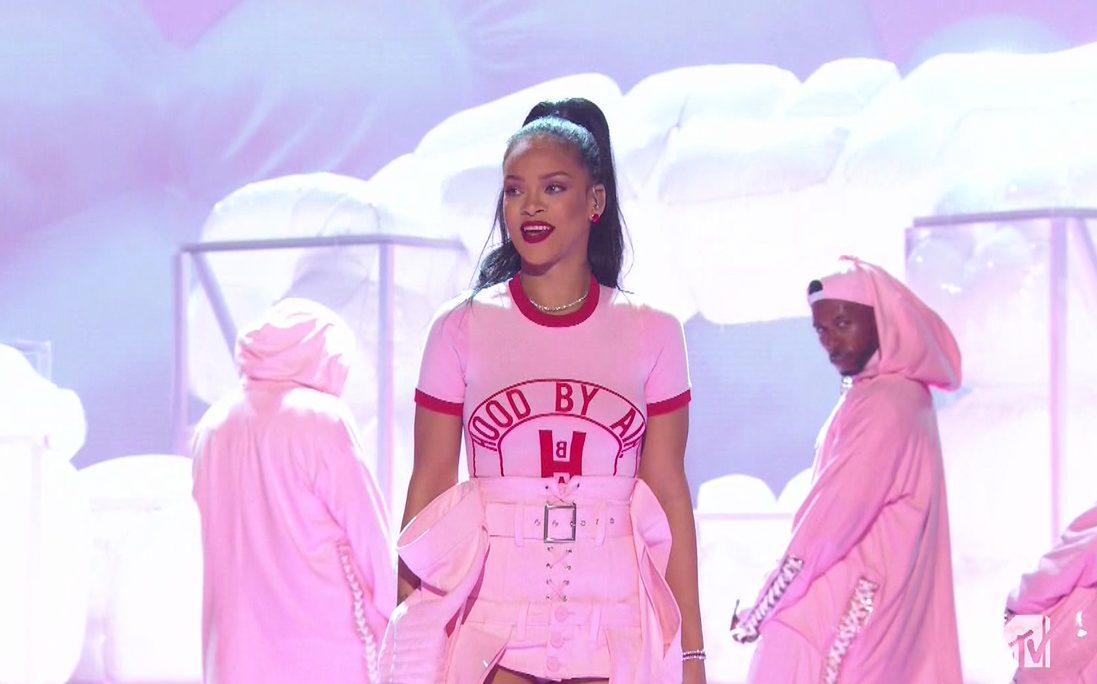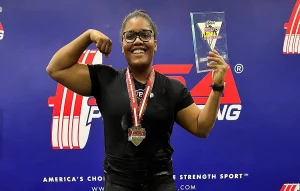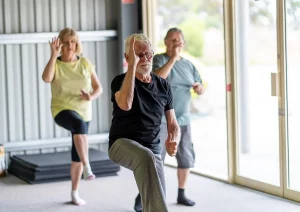
FROM HER ENTRANCE to the world of popular music to her most recent album, Rihanna has held our attention, surprised us, and transformed before our eyes. She has fought the pressure to assimilate into North American culture-driven, conform to expectations, or fit one genre. A polarizing figure, Rihanna does what she wants in ways that suit her, and leave the rest of us to love it or hate it. Without making it her brand or platform, she is a feminist dream brought to reality, serving us unflinching authenticity that often unnerves people in dominant or conservative groups.
Inimitable Style
Rihanna is nowhere near conservative in her self-expression.
I love fusing things together. It’s more of a dare for me. I’m more of an adventurous person… I like to make the impossible work. – Rihanna
From bold prints to knot dresses over white tees, her wardrobe has it all, and she rocks every combination imaginable with confidence. Her hair is no different, changing in color, length, texture, and style. She doesn’t seem to be attached to it in any way, and embraces the freedom she has to switch between styles, often setting trends with her edgy cuts. There is no way to describe Rihanna’s style over the years except to say that it is constantly evolving, reflecting her openness to changing and rejection of the idea that celebrities champion a particular aesthetic. From understated shorts, tanks, and sneakers to an over-the-top all-sheer dress, Rihanna embraces every facet of her being and does not fall prey to the public’s idea of her.
Body Love
Rihanna loves her body in a way that goes beyond dressing it fashionably, accentuating favorite features, and angling herself perfectly for photographs. Her relationship with her body is one of love and acceptance, growing in strength and visibility. She makes no apologies for the way she adorns or exposes it. Jewelry, clothes, and tattoos mark her appreciation for her body as a vessel, yet her unaffectedness seems to signal her detachment from ideas that equate body with self-worth. In the video for “Kiss It Better,” she pairs a sensual track with a solo on-camera experience featuring her body from a variety of angles.The energy communicates that she isn’t there for anyone else, and is having a private moment we happen to witness. She silently rebukes the modesty and expectations of women to avoid sexualizing themselves, owning her body and sexuality.
Similarly, in the video for “Work,” she dances on Drake, but the energy is one of fun and humor. She shows that sight is not possession, and her dance is not an invitation for sex. She explores her own range of motion, and is able to enjoy it because she is comfortable in her body and confident in self-determination.
Defying Genre
In the world of music, Rihanna is boundless. She entered center stage with “Pon de Replay” — a club song indicative of her Caribbean roots — in 2005. Since then, she has dipped in and out of genres, combining elements of pop, rock, dance, and reggae. Perhaps one of the most interesting musical turns of her career thus far is ballad “Love on the Brain.” Her performance at the 2016 Billboard Music Awards seemed to lift a curtain, revealing a side of Rihanna we’re not accustomed to seeing. There have been more than 2 million YouTube views of her raw emotion during the performance. She showed no fear of shattering her image of strength. Her journey through and beyond genres reflect the dimensions of her personality that she does not hide behind a carefully constructed commodified version of herself. Through her music, Rihanna destroys ideas of the monolith, embodying ideas often thought to be mutually exclusive. There is no box we need to fit into, and we don’t have to continue in the way we started. Rihanna gives us this lesson with every new album she drops.
Media is a Non-factor
In world where many pop stars seek attention, Rihanna makes it a point to live on her own terms, without concern for the spin of the story. She doesn’t talk much about her personal life, or answer obtrusive questions. The rumor mill has no visible effect on her, never forcing her to make statements or refute claims. She has navigated controversy in her own way, managing to put herself first and speaking out only when she is ready.
The video for “BBHMM (Bitch Better Have My Money)” shocked many, including some of Rihanna’s biggest fans. People labeled it anti-feminist, racist, and irresponsible. It inspired think piece after think piece, and long discussions about the meaning of the video and the right to creative expression in terms of black feminism. Still, there was no word from Rihanna; she released the video and let the conversations happen as they may. Rihanna, in both her public and private lives, has constantly shown us how to recognize that we are not obligated to anyone. We are allowed to live by our own rules, make no explanations, and refuse to respond to claims, whether true or false.
Rihanna does not let us forget that she is a real person. She speaks when she wants to, dances as she likes, and sings whatever feels true to her. She is unconcerned with public criticism or expectations. She is an icon of individuality, freedom of expression, and nonconformist behavior. Whether or not she identifies as a feminist, she embodies many of its principles and serves as an example, especially to those of us who need to be reminded that we don’t need permission to be ourselves, whatever that means on any given day.
















